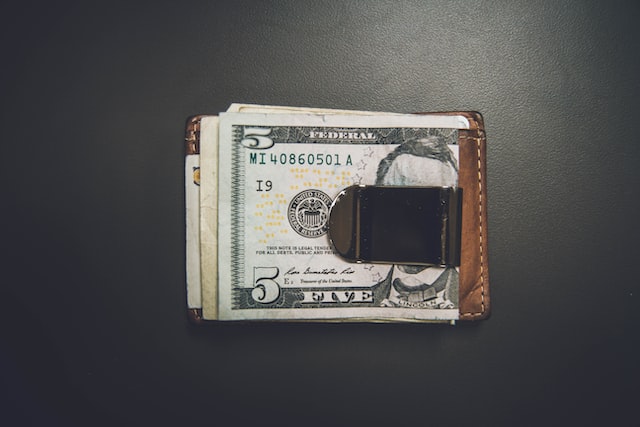Payday loans are used by borrowers who encounter a sudden financial emergency and need a lump sum of money to cover it, which they can afford to pay back in two to four weeks. This loan can be beneficial for unexpected bills such as medical emergencies or car repairs.
Loans like this are currently popular with younger people, but their popularity has increased, with 12 million Americans using them each year. However, payday loans are only intended to be used as a fix for a short-term problem and should not be relied upon in the long run as they have much higher interest rates than many other loan products.
Who Uses Payday Loans The Most?
People aged between 25 to 49 are the most likely age group to use payday loans, with people over 70 years old being the least likely.
Out of the people who have taken out payday loans:
- 52% are aged 25-44.
- 2% are aged over 70.
Payday loans are used by people who need extra money to tide them over until their next payday, hence they look for $300 loans or to borrow $400. They are used to buffer their expenses until their paycheck comes. Anyone over the age of 18 can take out a payday loan.
Payday loans are also more popular with people without a four-year college education.
Why Are Young People Using Loans More?
Although payday loans are a popular product, they are overwhelmingly more popular with people in Gen X or Millennial age brackets. One significant reason for this is that these generations are likely to carry a considerable amount of student loans.
Another reason is that younger people have a more challenging time building their credit history. Payday loans are relatively easy to get with little to no credit history, making them a popular choice with the younger demographic.
Why Do Lower Income Households Use Loans More Frequently?
People from lower-income households are more likely to take out payday loans and tend to take these loans out more frequently. This is because they may need help to provide the collateral that other loan products might require.
Other loans may have lower interest rates than payday loans but will ask for something (such as property) to use as collateral. People who cannot provide this collateral are more likely to turn towards payday loans.
Many loan companies also target their marketing towards people from lower socioeconomic backgrounds, as they know they are less likely to have the savings needed when a sudden financial emergency happens. (See what payday loans are used for).

Lower income households tend to borrow more payday loans then higher income households.
Why Would I Need A Payday Loan?
People with enough savings to cover unexpected financial emergencies will not need to take out payday loans.
Payday loans are used when people have a sudden fee to pay that they were not expecting and did not budget for. They are only to be used for temporary problems that urgently need a lump sum of money to fix. This can include:
- Dental emergencies
- Medical emergencies
- Car repairs
- Broken boilers
- Household repairs
- Pay off bills
- Pay rent
- To help out a friend
What If I Cannot Repay My Loan?
If you fail to meet your scheduled payment, you could be at risk of incurring late fees from your lender, which will be added to your debt. This should be avoided where possible because if it keeps happening, it could keep you trapped in a debt spiral.
You can also receive damage to your credit rating if your payment is marked as late. This makes it much harder to accept loans in the future and can leave you stuck with only the worst interest rates. Your lender can also try and set up ‘wage garnishment, in which part of your wages are directly paid to the lender without the money ever touching your accounts.
Lenders will only file lawsuits in the most extreme cases. If this happens to you, you must attend your court hearing, and you will be provided with representation.


